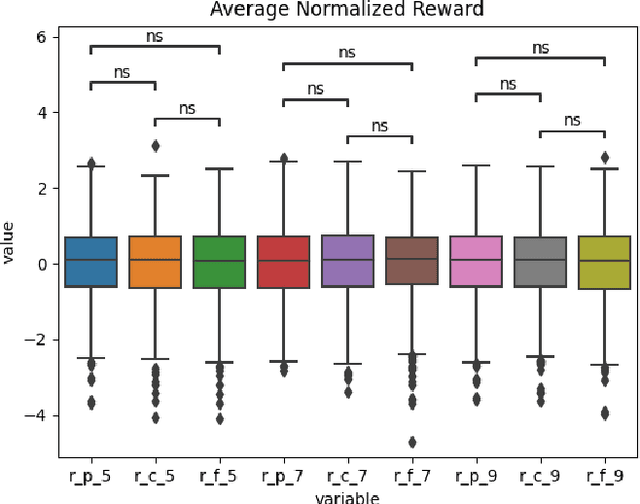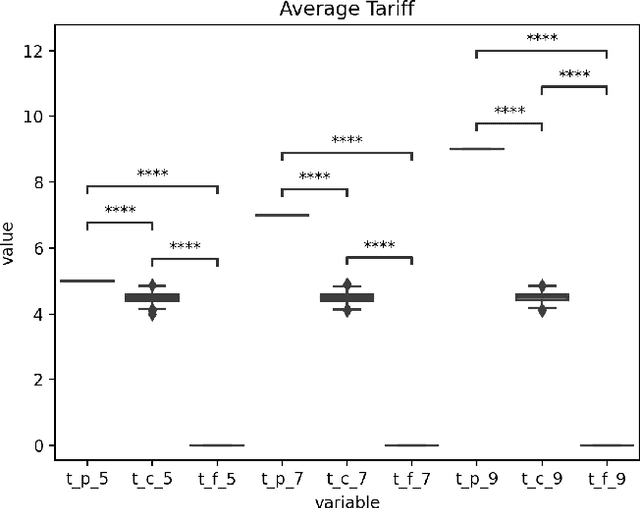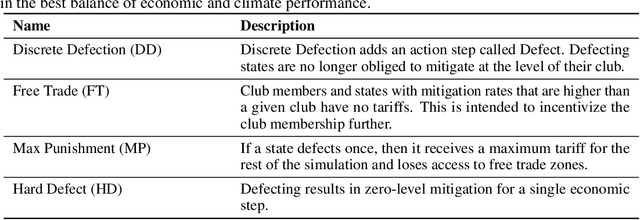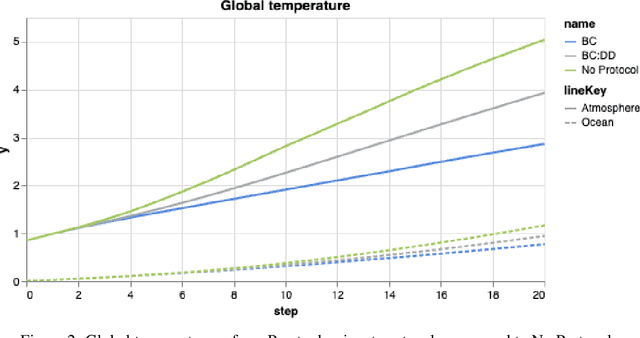Bram Renting
EduGym: An Environment Suite for Reinforcement Learning Education
Nov 17, 2023Abstract:Due to the empirical success of reinforcement learning, an increasing number of students study the subject. However, from our practical teaching experience, we see students entering the field (bachelor, master and early PhD) often struggle. On the one hand, textbooks and (online) lectures provide the fundamentals, but students find it hard to translate between equations and code. On the other hand, public codebases do provide practical examples, but the implemented algorithms tend to be complex, and the underlying test environments contain multiple reinforcement learning challenges at once. Although this is realistic from a research perspective, it often hinders educational conceptual understanding. To solve this issue we introduce EduGym, a set of educational reinforcement learning environments and associated interactive notebooks tailored for education. Each EduGym environment is specifically designed to illustrate a certain aspect/challenge of reinforcement learning (e.g., exploration, partial observability, stochasticity, etc.), while the associated interactive notebook explains the challenge and its possible solution approaches, connecting equations and code in a single document. An evaluation among RL students and researchers shows 86% of them think EduGym is a useful tool for reinforcement learning education. All notebooks are available from https://sites.google.com/view/edu-gym/home, while the full software package can be installed from https://github.com/RLG-Leiden/edugym.
AI4GCC - Team: Below Sea Level: Critiques and Improvements
Aug 04, 2023



Abstract:We present a critical analysis of the simulation framework RICE-N, an integrated assessment model (IAM) for evaluating the impacts of climate change on the economy. We identify key issues with RICE-N, including action masking and irrelevant actions, and suggest improvements such as utilizing tariff revenue and penalizing overproduction. We also critically engage with features of IAMs in general, namely overly optimistic damage functions and unrealistic abatement cost functions. Our findings contribute to the ongoing efforts to further develop the RICE-N framework in an effort to improve the simulation, making it more useful as an inspiration for policymakers.
AI4GCC-Team -- Below Sea Level: Score and Real World Relevance
Aug 04, 2023



Abstract:As our submission for track three of the AI for Global Climate Cooperation (AI4GCC) competition, we propose a negotiation protocol for use in the RICE-N climate-economic simulation. Our proposal seeks to address the challenges of carbon leakage through methods inspired by the Carbon Border Adjustment Mechanism (CBAM) and Climate Clubs (CC). We demonstrate the effectiveness of our approach by comparing simulated outcomes to representative concentration pathways (RCP) and shared socioeconomic pathways (SSP). Our protocol results in a temperature rise comparable to RCP 3.4/4.5 and SSP 2. Furthermore, we provide an analysis of our protocol's World Trade Organization compliance, administrative and political feasibility, and ethical concerns. We recognize that our proposal risks hurting the least developing countries, and we suggest specific corrective measures to avoid exacerbating existing inequalities, such as technology sharing and wealth redistribution. Future research should improve the RICE-N tariff mechanism and implement actions allowing for the aforementioned corrective measures.
 Add to Chrome
Add to Chrome Add to Firefox
Add to Firefox Add to Edge
Add to Edge